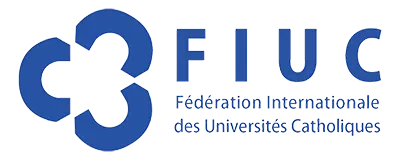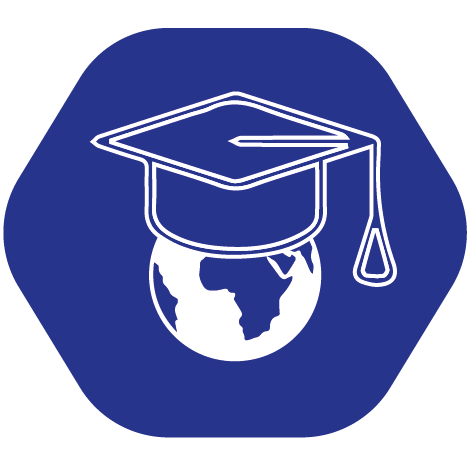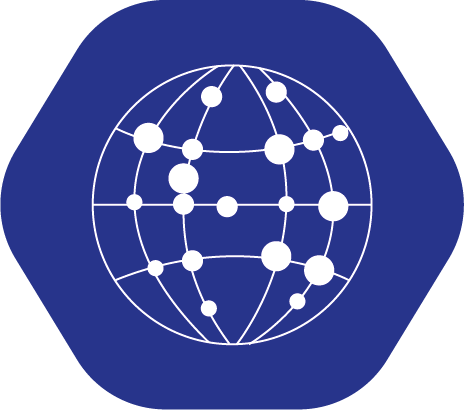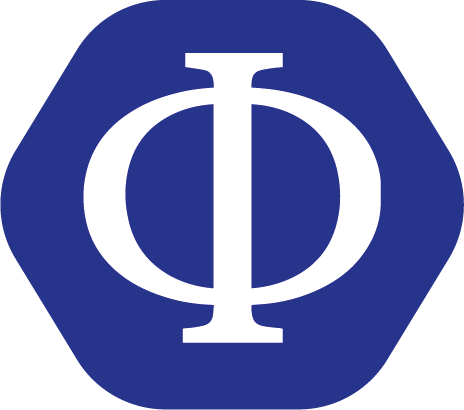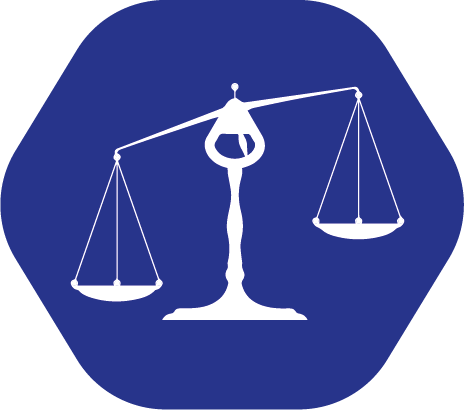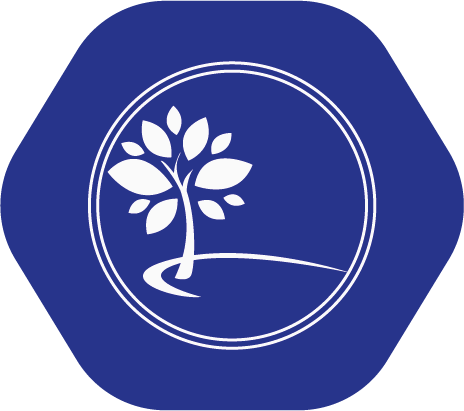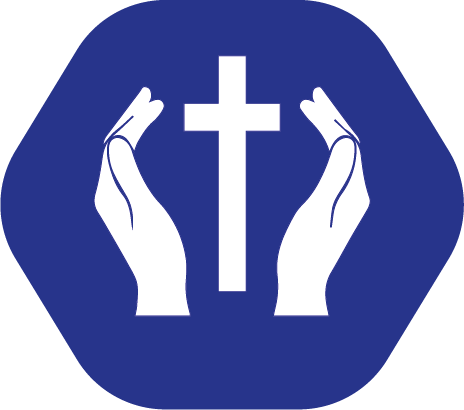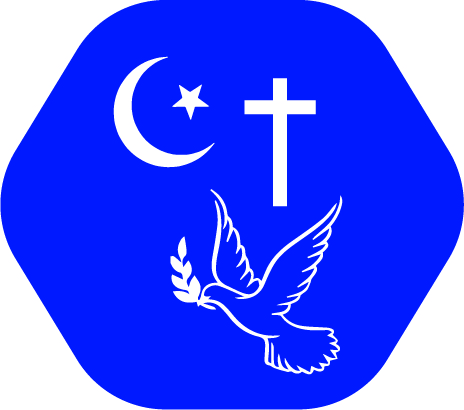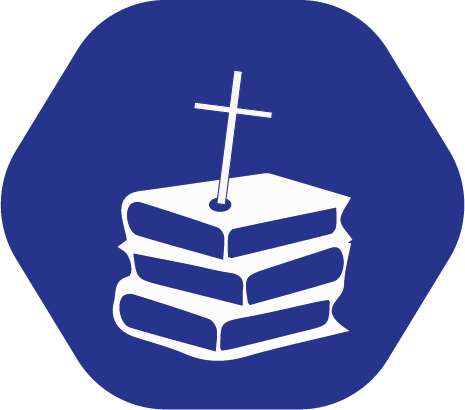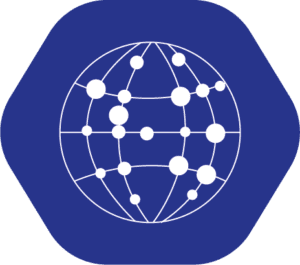International Research and Decision Making Center
CIREAD-IFCU

The globalization of international issues leads the research community to further work at the international level in order to understand societal and environmental challenges in their global dimension, while taking into account local needs.
The International Centre for Research and Decision Support (CIREAD) is a Department of IFCU that aims at promoting inter-university and multidisciplinary research in the framework of international cooperation. It offers a venue for knowledge production and circulation that allows to constantly question today’s main challenges with a view to transforming our societies.
Since 1975, the Centre has promoted numerous research and action-research projects in the framework of South-South and North-South cooperation throughout the world. A wide range of areas have been concerned, including human mobility (migration, displacement), social issues (drug use/abuse, families at risk, street children, schooling, social inclusion and disability), environmental challenges (soil fertility, water management), intercultural and inter-religious dialogues, training (training to values, training to citizenship, training for the prevention of psychosocial disorders), the social responsibility of universities, human rights and peace-building, poverty reduction and development.
In addition to training and capacity building, the Centre conducts international surveys and studies, while producing materials (books, articles, booklets, guides, policy briefs, etc.) intended to inform higher education institutions, policy makers and any other stakeholders.
Information-Contact :
- Dr Montserrat Alom – Directrice du CIREAD-FIUC
- montserrat.alom@bureau.fiuc.org
University Social Responsibility (RSU)
In recent years, various rankings (Shangai, Times Higher Education) have emerged to rate universities in an increasingly competitive environment. However, these rankings are based on limited scientific criteria and overlook values that are essential to today’s societies.
Echoing a growing number of initiatives around the world to promote USR, the Newman Benchmarking Framework is a viable alternative to current rankings. By conveying principles and values that are in line with the humanist and Catholic tradition of the Church, this tool places the notion of responsibility at the heart of university life and of the entire community.
The Newman Evaluation System, which is based on the said benchmarking framework, makes the USR policies and practices of Catholic universities visible and quantifiable, thus contributing to highlighting the added value they bring to the higher education panoram
Research for inclusion
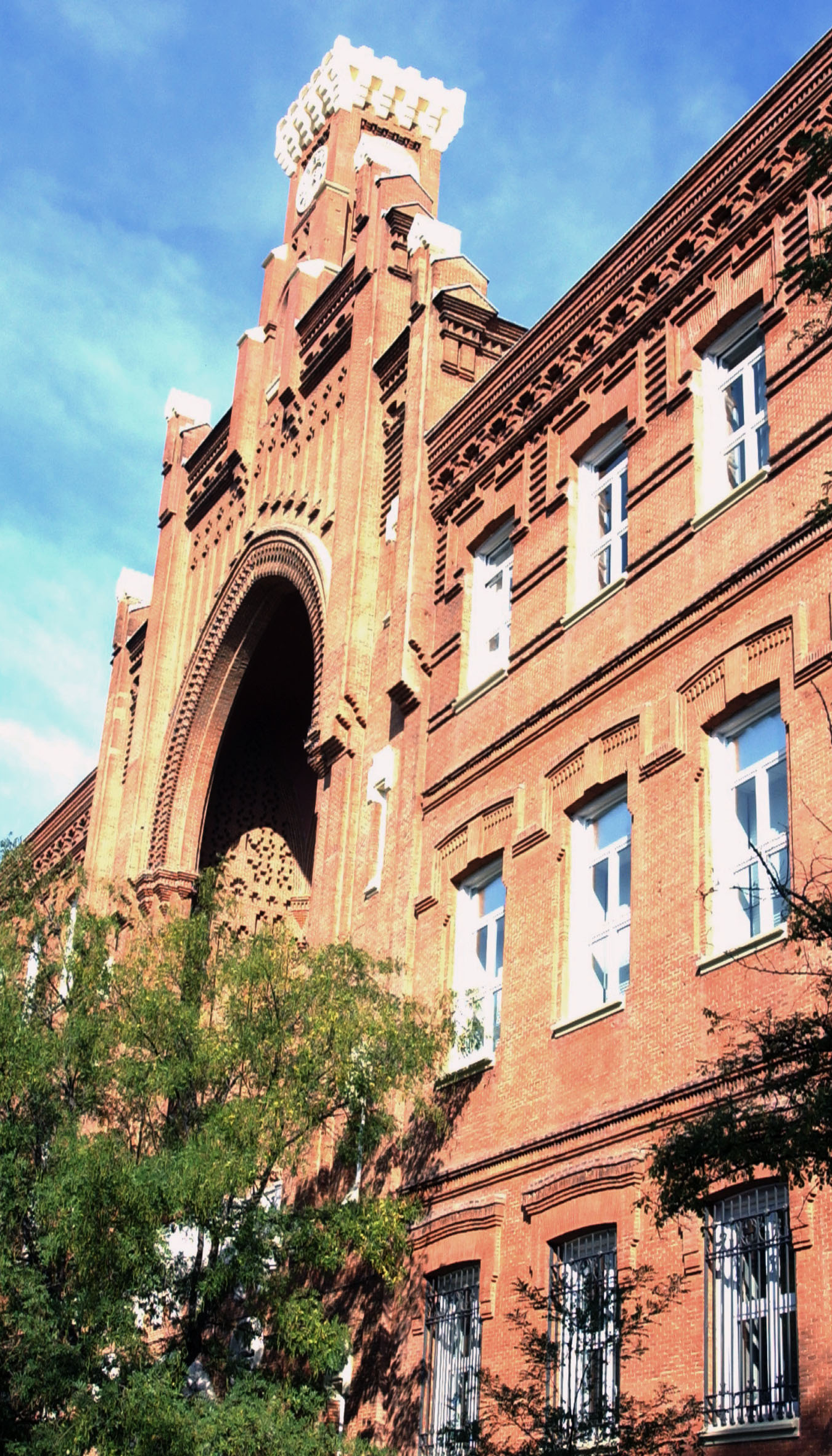
The International Federation of Catholic Universities (FIUC) has been involved since 2014 in an international program to promote the accessibility and inclusion of students with disabilities in Catholic higher education.
This program, first carried out in Latin America, has continued in Europe and, later on, in Asia and Africa. It brought together some 40 higher education institutions to work on the design of an institutional plan for inclusion, awareness-raising sessions and training for university professors and administrative staff. One of the outcomes of the project was a bilingual Guide (English, Spanish) that provided universities with the tools needed to create and implement an inclusion plan adapted to their local context. The project has also led to the production of a Policy brief on this issue and a Booklet of good practices that lists actions carried out by Asian and African universities.
Finally, the program has brought together universities and various key actors in an international network through the creation of an International Observatory on Inclusion, located at the Catholic University of Valencia (Spain). Links were forged between the participating Catholic universities, facilitating exchanges among them and with NGOs, government delegates and local experts.
Good Practice Guides
CIREAD promotes the production of guides listing good practices in universities in the field of social responsibility, in order to share and disseminate them. The aim is both to make other member universities aware of what is being done all over the world while inspiring them, and to highlight the added value brought out by Catholic higher education institutions to other international actors.
These guides of good practices are available on request. Two guides are ready:
-
A guide of good practices on the inclusion of students with disabilities
-
A guide of good practices for Universities in the face of the COVID-19 pandemic
Forums
CIREAD participates in the organisation of forums on issues related to the internationalisation of higher education institutions in different regions of the world. These forums bring together in particular the heads of international relations of Catholic universities.
Issues related to the socio-environmental crisis
In partnership with Secours Catholique-Caritas France and AFD, CIRAD is taking part, alongside CIEDEL and GEMDEV, in an international project to promote integral ecology and a just ecological transition in South countries.
This multi-actor project aims to empower local populations to design and implement alternative development models in response to the current socio-environmental crisis. Targeting more than twenty countries, the activities will take place in Africa, the Middle East, Asia, Eastern Europe and Latin America
Global surveys
Thanks to the richness and diversity of its network members, CIREAD organises worldwide surveys to collect data on various topics in the context of Catholic higher education. Findings are then disseminated within the Federation as well as to its partners and any other organisation working on higher education issues.
International research groups
Different interdisciplinary and international research groups have been formed over time bringing together teachers, researchers and experts, pooling their knowledge in a convivial setting that they have defined according to their own methods and organisation.
Discussion around a common theme, organisation of specific symposium, research projects and activities, teachers’ exchanges, publications, consultancy… are some of the ways in which IRGs work. These activities consolidate, develop and spread their knowledge and achieve the Federation’s academic, ethical and spiritual objectives, by making them concrete and dynamic within member institutions.
Collection of Policy Briefs
Recently, CIREAD has launched its collection of Policy Briefs in order to present an issue, its implications and the options that can be implemented, together with a series of practical recommendations.
The first issue of this series is dedicated to the inclusion of people with disabilities in higher education
The second topic of the collection is the issue of the digital divide among university students worldwide.
Partnerships
To ensure a wider dissemination of its work, CIREAD benefits from the partnerships established by the Federation with several renowned structures (UNESCO, OECD, AUF, etc.).
Additionally, it participates actively in the activities of organisations and networks such as:
UNAI (United Nations Academic Impact)
Observatoire géopolitique du religieux de l’Iris
EOSLHE (European Observatory of Service-Learning in Higher Education)
GCCM (Global Catholic Climate Movement
CLAYSS-UNISERVITATE (réseaux universitaire catholique mondial sur l’apprentissage par le service)
Action-research projects since 1975
Since 1975, the Centre has initiated and coordinated numerous international multi-area and multi-actor research and action-research projects for and with Southern countries. Major issues have been addressed since its creation in a unifying and solidarity-based approach aimed at strengthening skills and seeking synergies, while giving priority to South-South cooperation, which is still a marginal phenomenon today.
Over the years, CIREAD has developed a genuine partnership approach that makes it possible to enhance the skills and knowledge of local actors. By mobilising profiles coming from both the academic world and civil society organisations, the Centre has been able to acquire unique expertise in carrying out projects for the benefit of vulnerable communities in Southern countries.
-
-
Towards a university social responsibility reference framework, 2016-2020 (worldwide)
-
Continuing education for drop-out adolescents in South Asia, 2016-2018 (India, Sri Lanka, Bangladesh)
-
Youth cultures at Catholic universities. Second worldwide study, 2016-2019 (worldwide survey)
-
Improving access to higher education for disabled students, 2014-2018 (Latin America, Europe, Africa, Asia)
-
Educating young generations to justice and peace, 2013-2016 (DR Congo, Ivory Coast, Mozambique, Uganda, Kenya)
-
Understanding poverty conditions. Towards a human-centered economy, 2013-2016 (Guatemala, Colombia, Mexico, Ecuador)
-
Preventing risks related to population displacements. Defining educational action models, 2012-2015 (Colombia, Haiti, India, the Philippines, Thailand, Cambodia, Uganda, Rwanda)
-
Preventing addiction-related psychosocial problems in higher education settings, 2012-2014 (Colombia, Costa Rica, Chile, Honduras)
-
Water, environment and health. Water preservation and risk reduction management, 2011-2014 (Argentina, Brazil, Colombia)
-
Policies and practices in the field of drugs use/abuse, 2010-2013 (Thailand, Indonesia, India, the Philippines, Lebanon, Brazil, Colombia, Bolivia, Argentina)
-
The role of social capital in Latin American migrants’ human development, 2010-2013 (Brazil, Chile, Colombia, Guatemala, Ecuador, Peru)
-
Youth cultures at Catholic universities. First worldwide study, 2010-2013 (worldwide survey)
-
Better understanding at-risk families in Latin American contexts, 2009-2012 (Paraguay, Colombia, Chile, Brazil, Uruguay)
-
Improvement of soil fertilization in Southern countries, 2006-2009 (Colombia, Brazil)
-
Insights into understanding displaced populations. Training local actors to the reintegration of displaced persons, 2006-2009 (Colombia, Honduras, Dominican Republic, Haiti, Thailand, the Philippines, India, Lebanon)
-
Can migrations contribute to human development? Local studies in Latin America, 2005-2008 (Colombia, Brazil, Guatemala, Peru)
-
University and drugs use/abuse. Local studies, 2005-2008 (Ecuador, Colombia, Brazil, Chile, Argentina, India, Indonesia, Thailand, the Philippines, Lebanon)
-
Education to citizenship in Sub-saharan Africa, 2003-2006 (Angola, DR Congo, Mozambique, Uganda)
-
